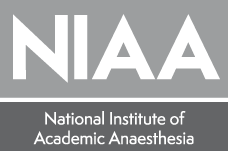POP-I

POP-I: Perioperative Iron and EPO Intervention Study
POP-I is a multicentre randomised controlled trial designed to investigate the clinical effectiveness and cost effectiveness of post-operative anaemia management in older patients undergoing emergency surgery.
Anaemia after major, emergency surgery in older people is common and is associated with increased mortality, longer length of hospital stay, and poorer quality of life (QOL). Over 100,000 older people undergo such surgery for conditions such as hip fracture and intra-abdominal disorders annually in the UK. There is little time to optimise anaemia before emergency surgery and the nature of the underlying conditions may make anaemia harder to treat. Newer treatments for anaemia, such as intravenous iron and Erythropoiesis Stimulating Agents (ESA), are being used increasingly in this high-risk group of emergency patients and are postulated to improve outcomes. However, they are costly; the evidence of benefit to patients is lacking, and they may cause harm. There are no satisfactory trial data, powered on patient-centred clinical outcomes or on the effectiveness of treatment of anaemia following emergency surgery.
POP-I is an NIHR funded multicentre study designed to address this clinical scenario. The trial will recruit 2400 patients aged 60 years and older, after either emergency laparotomy (NELA definitions) or Hip fracture surgery (as per NHFD) who have mild-moderate anaemia (Hb 80-110g/L). The participants will be randomised to one of three study arms between days 1-10 post-surgery:
USUAL CARE: (without additional anaemia therapy): All recruitment sites will provide care aligned to national standards and guidelines.
IRON MONOTHERAPY: Usual care plus intravenous Ferric Derisomaltose (approximately 20 mg/kg as a single dose before discharge).
COMBINATION IRON AND ESA: Usual care plus intravenous Ferric Derisomaltose (as per IRON MONOTHERAPY) plus a subcutaneous injection of Darbepoetin (approximately 2 mcg/kg as a single dose before discharge).
Follow-up of participants is at 30 days and 120 days post randomisation. The primary outcome is the number of days a participant spends at home in the 30 days after randomisation, termed ‘Days at Home 30’ (DAH30). Secondary outcomes include: DAH120 (i.e. days at home 120 days post randomisation), duration of hospital stay, self-reported quality of life (EQ-5D-5L), walking performance (i.e. mobility), residential status, complications and mortality. This will allow us to assess the impact of the interventions on outcomes that are important to our patients and affected by quality of recovery.
We will compare outcomes between the groups to determine the best way to manage and guide anaemia treatment after emergency surgery in the future.
Chief Investigator: Professor Iain Moppett, University of Nottingham.
More information about the study is available at: www.nottingham.ac.uk/POP-I




